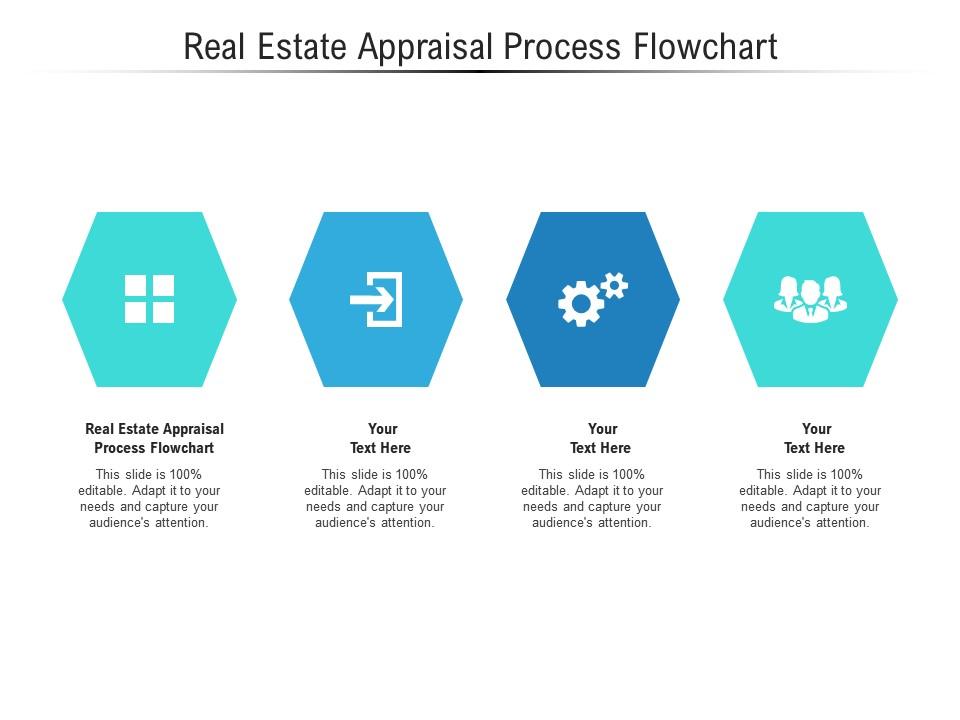
What Does a Real Estate Appraiser Really Do? This question sheds light on a critical aspect of the real estate market, where valuations can make or break property transactions. Understanding the role of a real estate appraiser not only informs buyers and sellers but also enhances the overall property experience. Appraisers provide essential insights into property values, ensuring that real estate dealings are fair and transparent.
Real estate appraisal is a detailed process involving various methodologies tailored to different types of properties, including residential, commercial, and industrial. By evaluating factors like location and market trends, appraisers determine property values that reflect current conditions. With the growing complexities of the real estate landscape, knowing what appraisers do can empower stakeholders to navigate property transactions confidently.
Real estate appraisals are a crucial part of the buying and selling process in the property market. Whether you’re a buyer, seller, or investor, understanding the appraisal process can provide you with valuable insights into property values and help you make informed decisions. In this post, we will dive deep into what real estate appraisals are, how they work, and why they are important.
What is a Real Estate Appraisal?
A real estate appraisal is a professional assessment of a property’s market value, conducted by a licensed appraiser. The appraiser evaluates various aspects of the property, including its location, condition, size, and features, as well as the current real estate market trends. The result is a detailed report that provides an estimate of the property’s worth.
Why Are Appraisals Important?
Appraisals play a vital role in several scenarios:
- Buying/Selling a Home: An appraisal helps buyers and sellers agree on a fair market price, ensuring that neither party is overpaying or underselling.
- Refinancing: If you’re refinancing your mortgage, lenders typically require an appraisal to ensure that the property is worth the amount they are lending.
- Investment Decisions: Investors rely on appraisals to determine whether a property is a sound investment based on its value compared to the purchase price.
The Appraisal Process Explained
The appraisal process can be broken down into several key steps:
- Engagement of an Appraiser: Typically, the lender or buyer will hire a licensed appraiser to assess the property’s value. It’s essential to choose an appraiser with experience in the specific market.
- Property Inspection: The appraiser will conduct an on-site inspection of the property, examining its physical attributes and taking note of any improvements or issues that may affect value.
- Comparative Market Analysis: The appraiser will gather data on similar properties (known as “comparables”) that have sold recently in the area to help determine the property’s value.
- Report Generation: After analyzing the data and inspecting the property, the appraiser will compile their findings into a formal report, which includes an estimated value and justifications for that valuation.
What Factors Influence Property Value?
Several factors can affect the value of a property. Here are some of the most significant:
- Location: Properties in desirable neighborhoods or areas with good schools, amenities, and low crime rates tend to have higher values.
- Size and Layout: Larger homes or well-designed layouts that maximize space can greatly increase a home’s value.
- Condition: Well-maintained properties with recent updates and renovations will typically appraise for more than those needing repairs.
- Market Trends: The overall real estate market conditions, including supply and demand, interest rates, and economic indicators, play a critical role in property valuations.
Common Misconceptions About Appraisals: What Does A Real Estate Appraiser Really Do?
There are several misunderstandings related to real estate appraisals that are important to clarify:
- Appraisals Are the Same as Home Inspections: An appraisal assesses value, while a home inspection evaluates the condition of the property.
- Appraisers Work for the Buyer/Seller: Appraisers are third-party professionals who provide an unbiased assessment; they do not favor either side.
- Appraisal Values Are Set in Stone: While appraisals are based on facts and data, market conditions can change, and so can property values.
Tips for Homeowners Preparing for an Appraisal
If you’re a homeowner preparing for an appraisal, here are some tips to help you get the best possible value:
- Clean and Declutter: A clean property can make a positive impression on the appraiser.
- Make Necessary Repairs: Fix any minor issues that could detract from the property’s value.
- Provide Documentation: Prepare a list of upgrades and improvements you’ve made, as well as any recent comparable sales in your area.
- Be Flexible: Try to accommodate the appraiser’s schedule to make the process smoother.
Conclusion
Understanding real estate appraisals is essential for anyone involved in buying, selling, or investing in property. By knowing what to expect and how to prepare, you can navigate the appraisal process with confidence. Whether you’re looking to sell your home, buy a new one, or invest in real estate, being informed about appraisals can significantly impact your financial decisions in the property market.
FAQ Section
What qualifications do real estate appraisers need?
Real estate appraisers typically require a license, which involves completing specific education and training programs, along with passing a state exam.
How long does an appraisal take?

The appraisal process can take anywhere from a few days to a few weeks, depending on the property’s complexity and the appraiser’s workload.

Are appraisals the same as home inspections?
No, appraisals assess value while home inspections evaluate the condition and safety of a property.
Can homeowners influence the appraisal process?
Homeowners can prepare their property and provide relevant information, but they cannot directly influence the appraised value determined by the appraiser.
What happens if I disagree with an appraisal?
If you disagree with an appraisal, you can request a review or reconsideration of the appraisal report, providing additional evidence to support your case.


